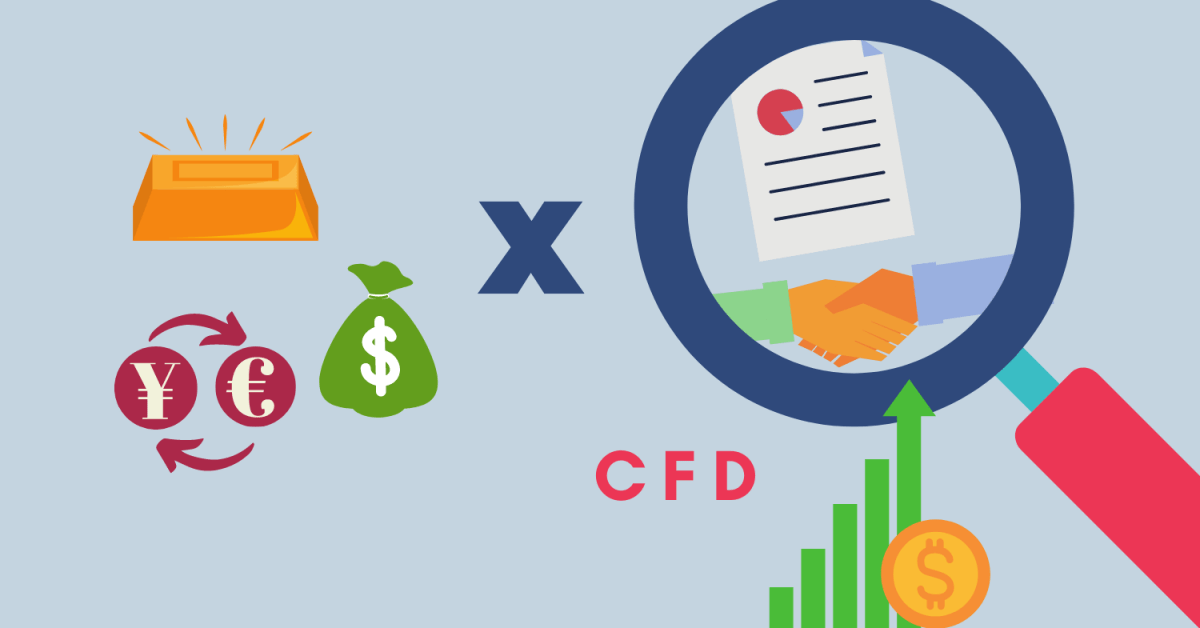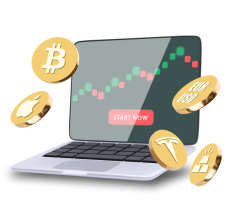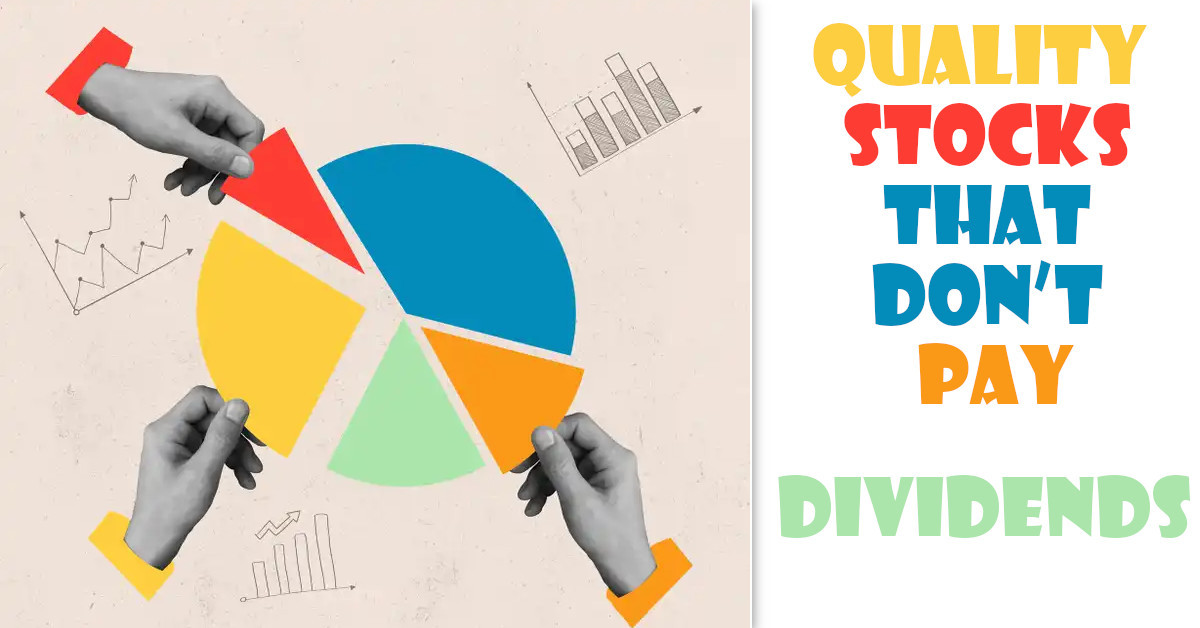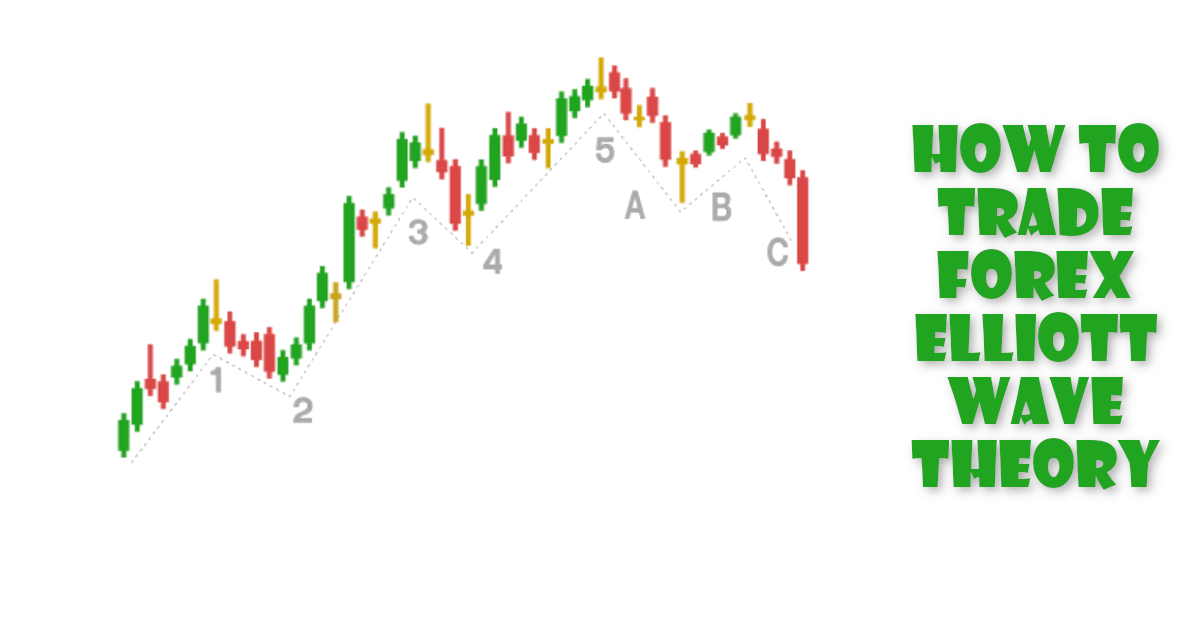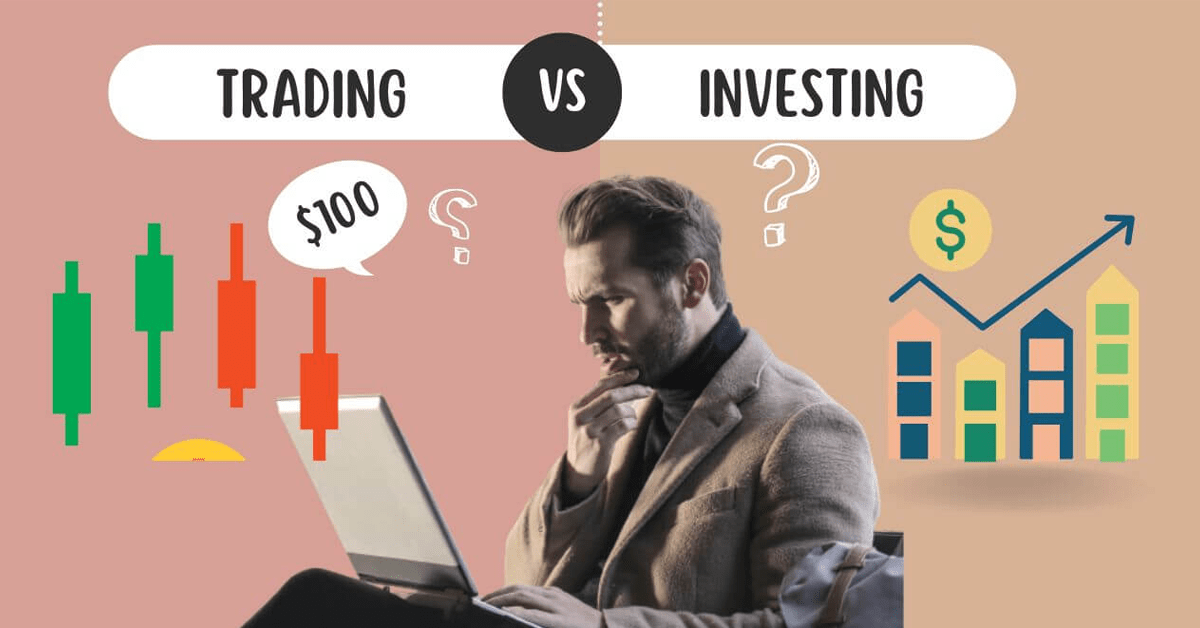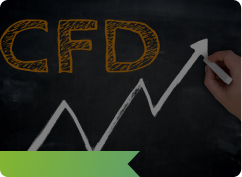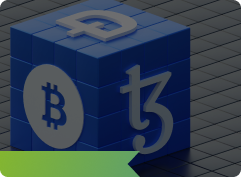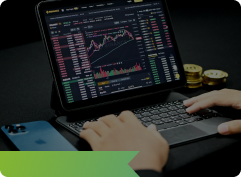Online trading is considered to be the easiest way of management of own investments, which allows to trade in the Forex Market or Stock Exchange markets independently. The availability, the free choice of investment instruments, the independent management of own funds are the advantages of online trading, but before starting trading on the Forex, Stocks, Futures, CFD Markets, it is important to study the terminology of trading.
What is a quotation?
Quotations are the set prices of foreign currencies, stocks, commodities, and derivatives. In Exchange Market, the quotations of stocks and commodities are given for a specific period of time and during this period, a dealer can make transactions in accordance with the given bid and ask prices. There are two types of quotes: a one-way quote, when only the ask price is given and a two-way quote, when both the bid and the ask prices are given.
Currency quote is a unit of the base currency, expressed in the unit of the quoted currency. Currencies are quoted in pairs, where the first currency is the base currency and the second one is the quoted currency: EURUSD, USDJPY, GBPAUD, etc. There exist direct and indirect quotes.
A direct quote is the amount of national currency expressed in the unit of the foreign currency. The great part of the quotes is considered to be the ratio of the US dollar to the national currencies, for example, USDCHF = 1.01500, which means that 1,015 Swiss franc is needed to purchase one US dollar.
An indirect quote is respectively the single unit of the national currency expressed in foreign currency, for example, GBPUSD = 1.45000, which means that 1.45 US dollar is needed to purchase one British pound.
Besides, there also exists a cross rate, which is the ratio of two national currencies, calculated on the basis of the rate of each of these currencies against the third currency (usually against the US dollar).
The ask price, the bid price and the spread
Two values are emerged during trading on the exchange markets – the ask price and the bid price, and the difference between them is called spread.
As a rule, the spread is measured in pips: for example, in the EURUSD quotation the ask price is specified as 1.0818 and the bid price is specified as 1.0820, in other words, the spread is equal to 2 pips and when opening a position you immediately lose some pips. There are fixed and floating spreads.
Fixed spread does not change depending on the volatility of the market and always remains equal to the size declared by the dealing center. As a rule, for popular and liquid instruments, brokers offer tighter spreads, and for the exotic instruments, the difference between the ask and bid prices is much higher.
Floating spread may constantly change depending on the market situation. For example, during the stable situation on the market it can make up 2 pips, but during sharp fluctuations of quotations it may reach 50 pips. Generally, floating spreads are typical for bank quotes.
Lot and pip
Lot is the standardized volume of trading operations, that is to say, the standard amount of the base instrument, which is set in various volumes for various instruments (the standard lot provided by most of the Forex brokers offering MetaTrader trading terminal is equal to 100 000 units of base currency). Thus, if you want to make a transaction with a currency in 10,000 volume, you will need to choose 0.1 lot. Most of the trading platforms do not allow to make transactions with the volume less than 0.01 lot, that is to say, 1000 units of base currency, but NetTradeX platform offered by IFC Markets allows to trade not in lots, but in units of base currency (or in units of asset for other instruments), which allows to open positions of any volume.
Pip is the minimum change of the quotation – the last number in the quotation (usually the fourth or the fifth number after the comma – as a rule, 0.01. 0.0001 or 0.00001).
What is leverage?
Leverage or margin trading is the provision of credits by a broker for trading on the financial market. These funds give traders the opportunity to open positions of much higher volumes without having enough fund. Depending on the broker, the own fund may have different ratios to the credit: from 1:1 to 1:1000. The large size of the leverage may increase both the amount of the profit and the amount of the losses.
